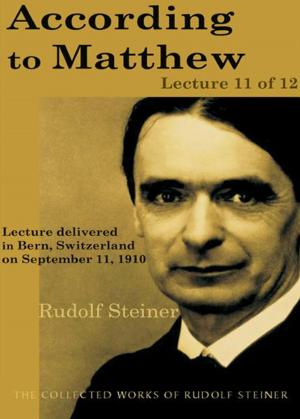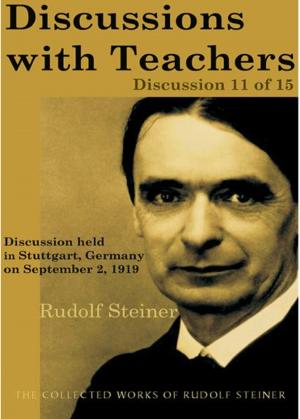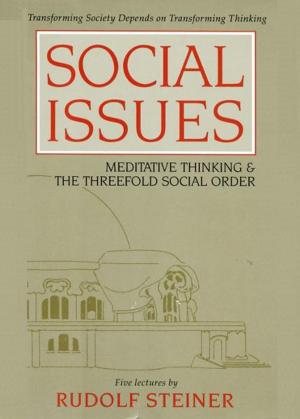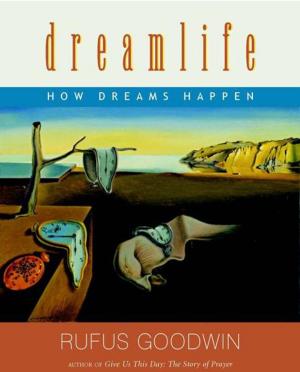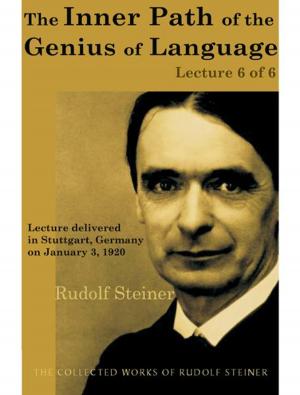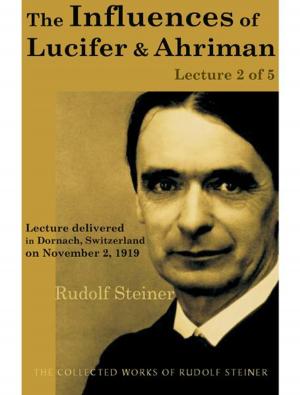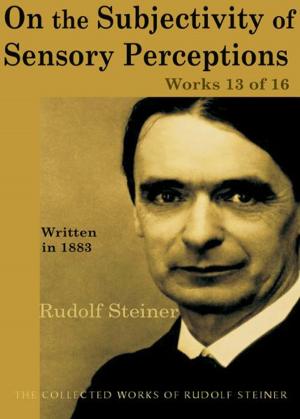| Author: | Henri Bortoft | ISBN: | 9781584205043 |
| Publisher: | SteinerBooks | Publication: | May 1, 1996 |
| Imprint: | Lindisfarne Books | Language: | English |
| Author: | Henri Bortoft |
| ISBN: | 9781584205043 |
| Publisher: | SteinerBooks |
| Publication: | May 1, 1996 |
| Imprint: | Lindisfarne Books |
| Language: | English |
Whereas most readers are familiar with Goethe as a poet and dramatist, few are familiar with his scientific work. In this brilliant book, Henri Bortoft (who began his studies of Goethean science with J. G. Bennett and David Bohm) introduces the fascinating scientific theories of Goethe. He succeeds in showing that Goethes way of doing science was not a poets folly but a genuine alternative to the dominant scientific paradigm. Bortoft shows that a different, "gentler" kind of empiricism is possible than that demanded by the dualizing mind of modern technological science and demonstrates that Goethes participatory phenomenology of a new way of seeingwhile far from being a historical curiosityin fact proposes a practical solution to the dilemmas of contemporary, postmodern science. If you read only one book on Goethan science, this should be the one!
Whereas most readers are familiar with Goethe as a poet and dramatist, few are familiar with his scientific work. In this brilliant book, Henri Bortoft (who began his studies of Goethean science with J. G. Bennett and David Bohm) introduces the fascinating scientific theories of Goethe. He succeeds in showing that Goethes way of doing science was not a poets folly but a genuine alternative to the dominant scientific paradigm. Bortoft shows that a different, "gentler" kind of empiricism is possible than that demanded by the dualizing mind of modern technological science and demonstrates that Goethes participatory phenomenology of a new way of seeingwhile far from being a historical curiosityin fact proposes a practical solution to the dilemmas of contemporary, postmodern science. If you read only one book on Goethan science, this should be the one!




